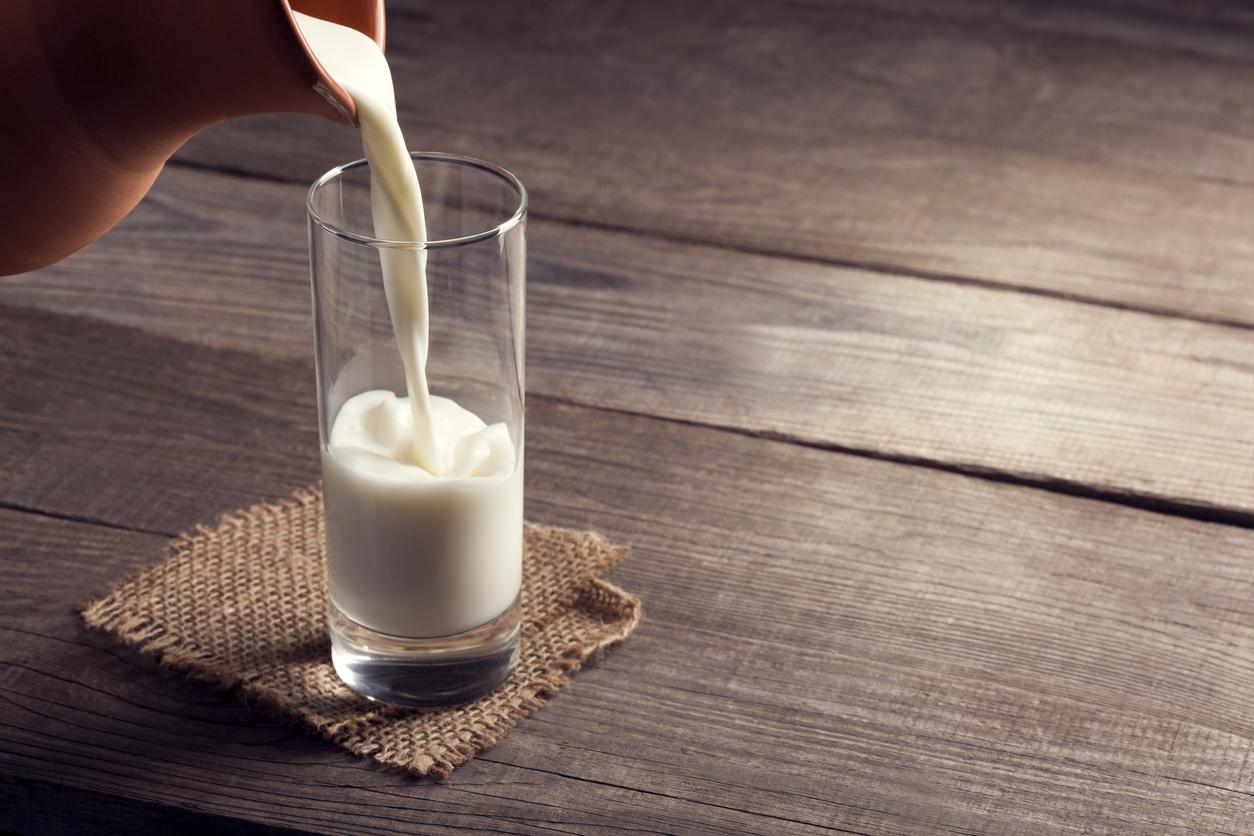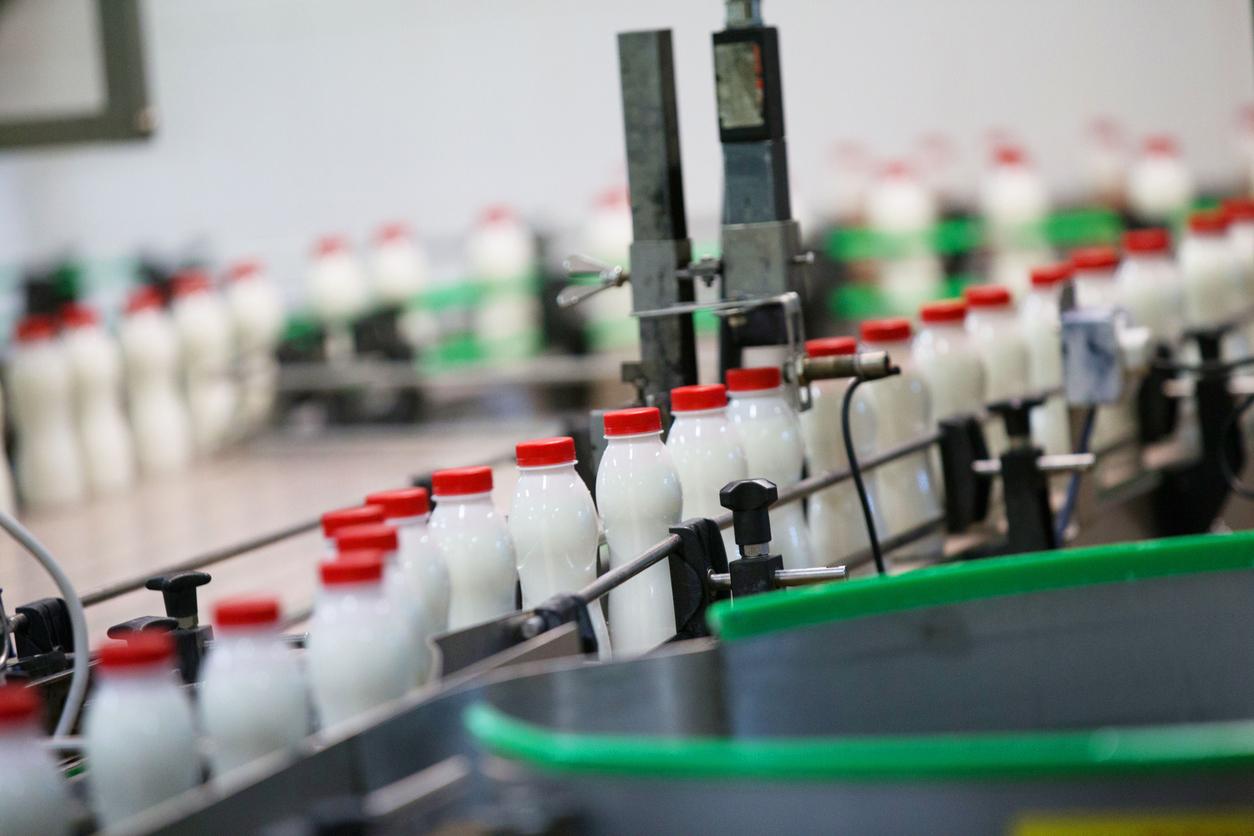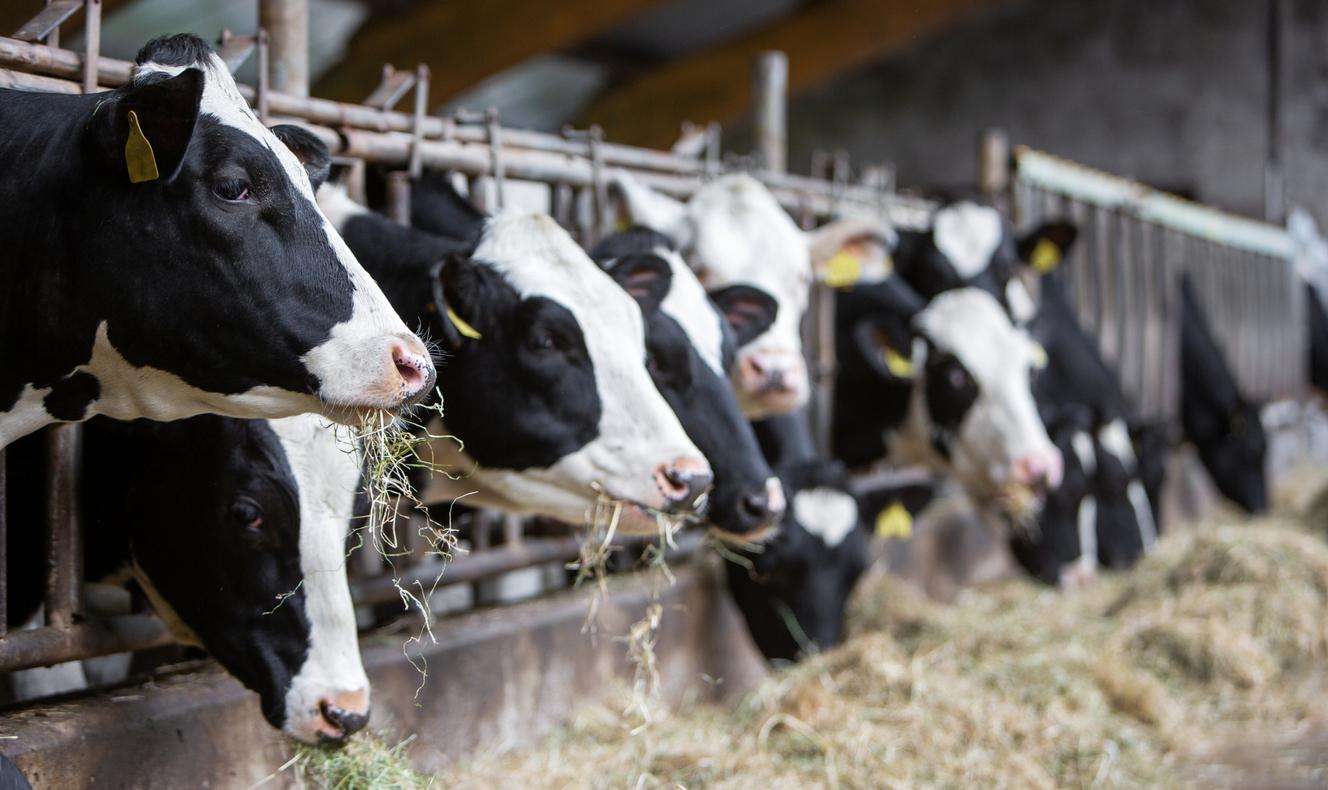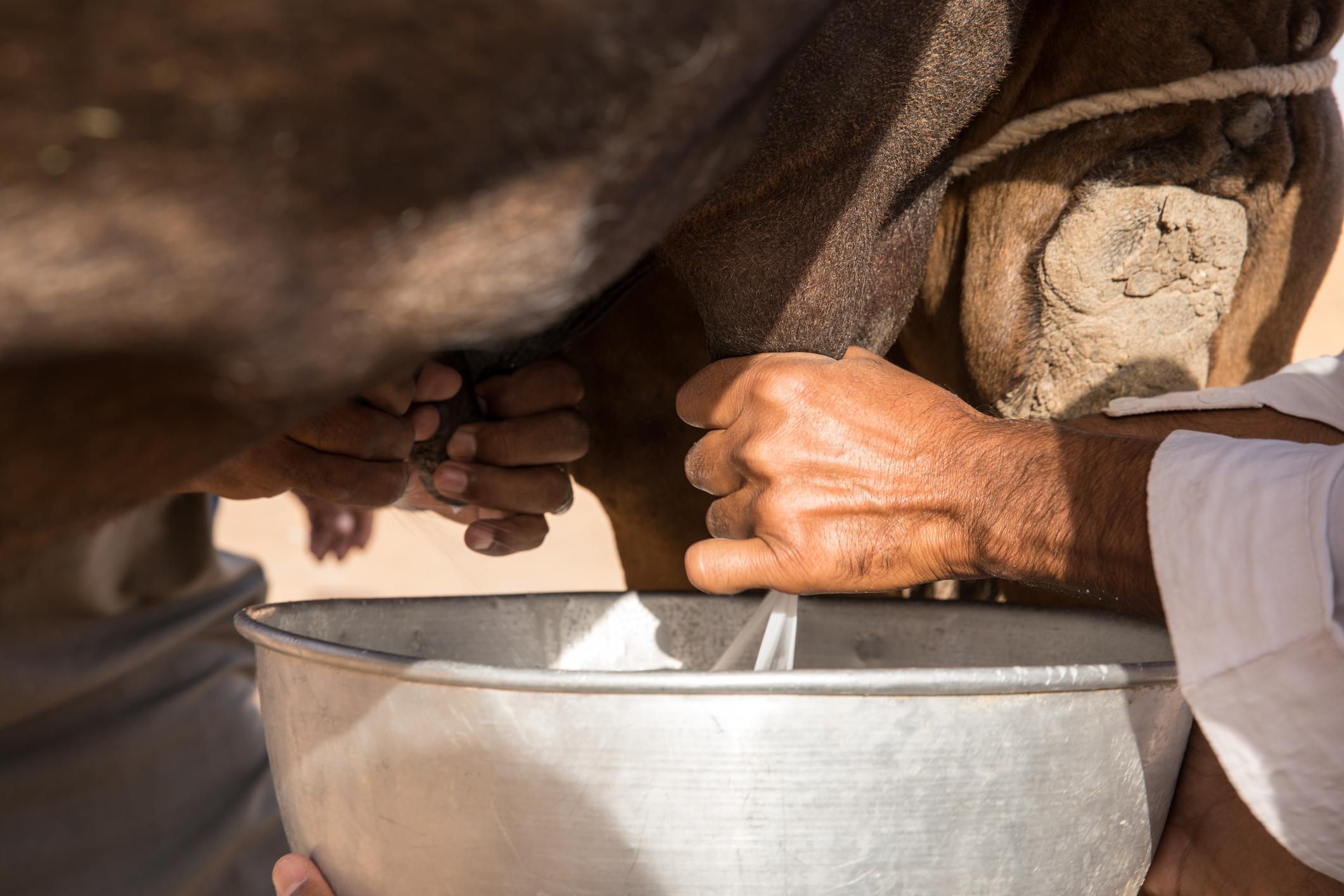What is the most energetic milk? The least caloric? To help you, Dr Patrick Serog analyzes the nutritional composition of sheep, cow and goat milk.
All milks contain common basic elements: water, carbohydrates, proteins, lipids, mineral salts and vitamins; but the milks of mammals have important differences. This is what the nutritionist doctor, Patrick Serog, will explain to us.
 Dr Patrick Serog’s answers,
Dr Patrick Serog’s answers,
nutritionist doctor in Paris
What is the most energetic milk?
To avoid cholesterol, which milk contains the least fat?
Lactose is found in all milk. Why is it so important to our body?
In case of lactose intolerance, do you recommend soy milk?
In which milk are the most minerals and trace elements found?
What vitamins are found in different milks?
How much milk should an adult consume every day?
why-doctor: What is the most energetic milk?
Dr Patrick Serog: The most energetic milk is sheep’s milk. What’s interesting is that it has a protein content that is more than twice that of cow’s milk. It is richer in protein than all other milks. But ‘it is a little fatter than other milks, twice as much as cow’s milk.
To avoid cholesterol, which milk contains the least fat?
Dr Patrick Serog: Fat is lower in goat’s milk compared to cow’s milk. Especially for cholesterol. Because, goat’s milk is not very caloric, it is 600-650 calories per liter while cow’s milk contains about 700 cal. Sheep’s milk is more than 1000 cal, we speak for this milk of about 1100 calories per liter. So goat’s milk can be of interest to the person who has a little too much cholesterol. Especially since in goat’s milk, the fatty acids that make up these fats are particles that are finer, and therefore often more digestible.
In what lactose is it so important to our body?
Dr Patrick Serog: Lactose is the main carbohydrate source in all milk. And, we will find it in almost all milks, except in mare’s milk, which is the least caloric and contains less lactose than the others. But this lactose is very important, it will allow us to have sugars quickly available to the body. And which will be used in our daily movements, our movements, our physical activity that we do during the day.
In case of lactose intolerance, do you recommend soy milk?
Dr Patrick Serog: No, for people who are lactose intolerant, today there are largely lactose-free milks. Remember that soy milk is not milk, it is juice. And, this soy juice does not contain calcium, while all other milks contain a significant amount. Soy juice is sometimes still used for people who have great intolerance to dairy products, for example. Again, they must make sure that this soy juice has been fortified with calcium.
In which milk are the most minerals and trace elements found?
Dr Patrick Serog: Minerals and trace elements are a little bit of the ingredients that will allow the biochemical machine of our body to function properly. They are therefore absolutely essential. It’s also going to be big particles like calcium, magnesium, iron. But also smaller particles, which will be arsenic, cadmium. Present in smaller quantities, they will act to make our factory work. There is a remarkable richness of sheep’s milk in minerals and trace elements. It contains up to twice as many minerals, such as calcium, phosphorus, and zinc, than other milks. The poorest mineral milk is mare’s milk, but it is used very little.
What vitamins are found in different milks?
Dr Patrick Serog: For example, we will find vitamin C of course. and vitamin B. Sheep’s milk contains up to twice as much vitamin B as other milk. And, it has almost all higher vitamin concentrations than cow’s milk. On the other hand, there are sometimes shortcomings. For example, goat’s milk is characterized by a low content of folate, which is vitamin B9. This vitamin is going to be much more important in sheep’s milk.
How much milk should an adult consume every day?
Dr Patrick Serog: For an adult, there is no fixed amount. There is something for the child. Because adults can significantly diversify their dairy products. For example, he can take yogurt, cottage cheese, cheese, or milk. What we say in general is that for an adult, you should have 900 mg of calcium per day. And for that, you need about 3 dairy products per day.
Interview by Bruno Martrette
.

















